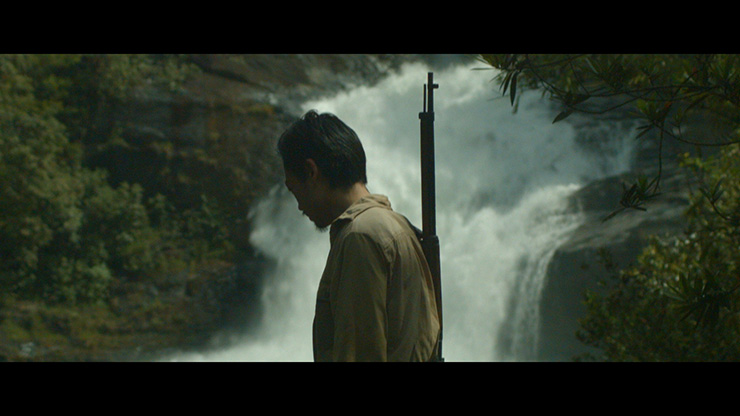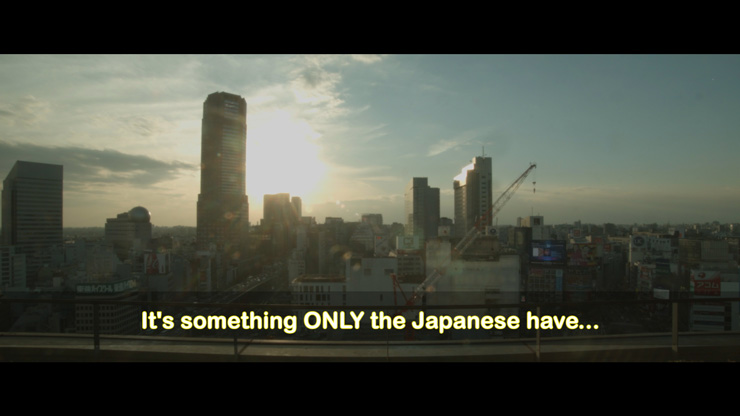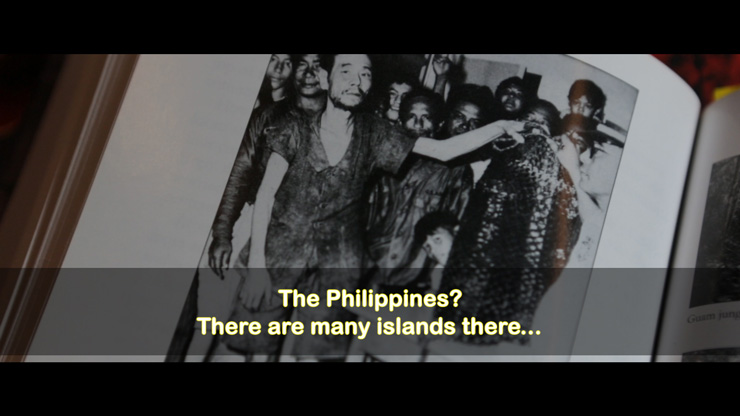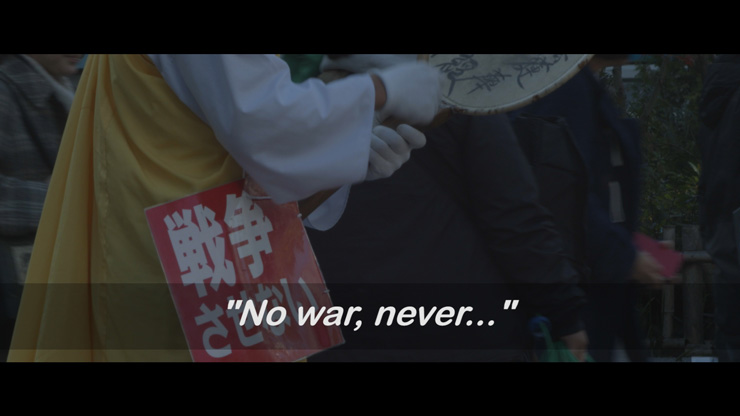Zanryu
In 1974 the last Japanese soldier from World War II surrendered. What were the motives that kept these ‘holdouts’ in the jungle for three decades?
My video essay Zanryu is a collection of conversations with my Japanese mother that explores the relationship between holdouts and post-war Japan, from the remote jungles of a bygone era to the modern metropolis of Tokyo.
The shift from pre-war nationalism to high-tech via complete destruction, how does the philosophy of ‘wabi-sabi’ influence Japan’s relationship to its past and present?
Zanryu
År 1974 gav den sista japanska soldaten från andra världskriget upp. Vilka motiv höll dessa motståndsmän i djungeln i tre decennier?
Mitt videoarbete Zanryu är en samling av konversationer med min japanska mor som utforskar relationen mellan motståndsmännen och Japan efter krigets slut, från de avlägsna djunglerna från en försvunnen tid till den moderna metropolen Tokyo.
Förvandlingen från förkrigstidens nationalism till högteknologi via total förstörelse, hur påverkar “wabi-sabi-filosofin” Japans relation till historien och samtiden?

 Visit: LM Ericssons väg 14, Stockholm
Visit: LM Ericssons väg 14, Stockholm













